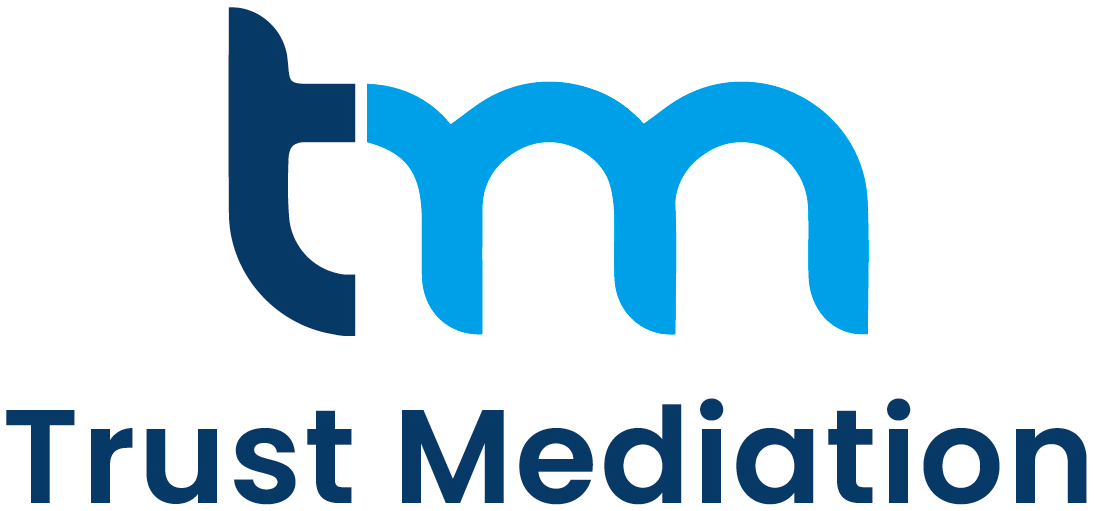Preparing for a Mediation
Introduction
Probably the most common reason for any negotiation not resulting in a settlement is that one or both parties have failed to prepare for it sufficiently. It is not necessary, for an Telephone Mediation, to be ready for trial but it is essential to have sufficient information to make a final business decision about the case. The Mediator does not take evidence like a judge or arbitrator so there is no need to go through all the evidence. What a Telephone Mediation does involve is a rigorous discussion of the case. To prepare for this each party must know what it wants to achieve, how it intends to do that and how it might deal with the opposing case. Knowing your case backwards never hurts!
Case Summaries
Each Participant needs to complete a Case Summary form. The form has a box, in which you are asked to supply the following information:
“A brief summary of the case, commenting on issues relating to liability, contributory negligence, causation and quantum as appropriate, and record previous offers(if any).”
It will help if this task is completed carefully, so that when anyone reads it they will think you have a good case or defence. It also makes sense to consider making concessions on your weak points – this is all confidential.
Key documents
You need to send the key documents with the Case Summary Form (in electronic form, where possible). The Mediator does not need to see all the papers in the same way as a judge or even counsel would. You should send only the key documents; these should enable the Mediator to understand the nature of the case and, in particular, the areas of actual or potential disagreement.
Mediation is about persuasion, whether that is persuading a Defendant to pay more or a Claimant that the case is worth less. What are your main persuasion points and what are the documents that support them?
Here are some further pointers on key documents:
- If there is a dispute on liability or contributory negligence are there any key documents that demonstrate either the correctness of your argument or that the opposing argument is incorrect? Send the key witness statements and experts reports.
- If there is a dispute on specials, what are the key documents? (The Mediator does not need to see, for example, supporting documents showing the pre accident earnings where that figure is broadly agreed.) Clearly Schedules and counter schedules are useful in giving an outline of the amounts in dispute.
- If there general damages are in dispute the Mediator will need to see the medical reports and relevant cases/references to the JSB Guidelines that can be relied on to persuade the other side to move from their position.
- The Mediator will usually want to see key statements of case and similar documents but not an entire bundle of court papers. In general terms the Mediator is relying on you to tell him/her what the case is about, what the key issues are and what is getting in the way of the case settling. You need to be well prepared to enable you to answer the Mediator’s questions.
Briefing your client and ensuring that you have full authority to settle.
You need to brief your client about the Online Mediation and how, in particular, it may be the best chance to settle the claim. The client needs to know the costs and other practical consequences of attending and possibly losing at trial, or failing to be successful on a Part 36 offer. The objective of a Mediation is to reach settlement on the day so you will need full authority to settle or reliable means of obtaining instructions very quickly.
Don’t set an inflexible “bottom line” before you start the Mediation. It is good to have an idea about your final settlement value when you prepare, but Participants should be aware of the possibility that they may learn things during the Online Mediation that cause them to change their view about that settlement. This should be borne in mind when obtaining settlement authority. Inadequate settlement authority may result in missing a settlement opportunity that is not likely to be repeated.
Also, prepare the client to be ready to consider the downsides and risks of the case so that these are already in his/her mind when the crunch time of potential settlement arrives. Lawyers and claims handlers are aware (lay clients less so) that most settlements involve some give and take.
A negotiation strategy
An Online Mediation is a negotiation session. Winning at negotiation is about being prepared and being persuasive. Being able to accurately assess the value of the claim in the eyes of the trial judge is only half the battle. How are you going to persuade the other side to that figure? How are you going to negotiate so that you end up with an offer and acceptance of the right figure? Can you react quickly when the other side comes up with something you were not expecting?
Probe and listen – and keep an open mind
Listening is a very important part of negotiation. This is often under rated or ignored. The Online Mediation enables you to display the strong parts of your case and test the weak parts of the opponent’s case. As well as asserting your case well you need to prepare so that you can probe the other side for weakness. Have tough questions ready for the Mediator to put to the other side. Make the most of the opportunity to listen to what they say about what you think are their weak areas. You might get some surprises – but you will have the opportunity to give some as well!
The Online environment
The Online Mediation is a time‐limited environment. Have some persuasive sound‐bites ready. One easy way of doing this is to frame it in the following way:
The three reasons we are going to win the main liability issue are….
The three reasons why they are wrong on generals are…
The time for the Online Mediation is limited. You need to be well up to speed before the first Online conversation takes place.
Work with the Mediator – your discussions are confidential.
Determine whether there are any facts that you do not want to disclose to the other side. If so, either keep them to yourself or tell them to the Mediator in confidence. But remember that you are trying to convince the other side that your settlement position is reasonable. If there are facts that the other side will become aware of later which might influence the outcome, you may consider that you have very little to lose by disclosing them now. It may make the difference as to whether the case settles now or later.
Level with the Mediator.
Be candid with the Mediator. Assist the Mediator in determining the best method of persuading the other side of your position. Do not insist that the Mediator act as a messenger merely shuttling offers back and forth. Allow the Mediator some leeway in developing possible settlements. Do not demand a monetary response to your last offer. You may have to settle for a general statement such as “substantial movement has occurred”. One of the great advantages that Mediation has over traditional negotiation techniques is that each side has the ability to test offers without having to disclose a specific amount.


